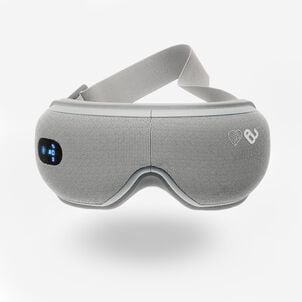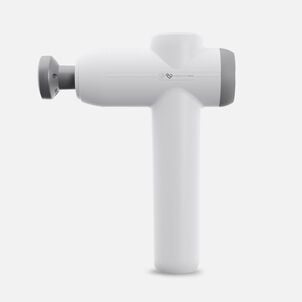The state of personal savings in America is dangerously low. In fact, 56% of the population couldn’t cover the cost of a $1,000 emergency, and 17% of adults had a major unexpected medical emergency in the year 2020. (The average cost of which was between $1,000 and $1,999 depending on where you live and the nature of the emergency).
Many people find starting an emergency fund difficult because they think they need to be able to set aside a big chunk of money all at once. But with a Health Savings Account (HSA), there’s no minimum to open your account and there’s no minimum balance required in order to invest your contributions, so you can begin growing your emergency medical fund immediately. There’s also a triple tax advantage to doing so: your contributions are tax-free, investment growth is tax-free, and if you use the money for qualified medical expenses, those distributions are tax-free as well.
Reimburse yourself for medical emergencies
If you suffer a medical emergency there are two ways to use your HSA. If your HSA administrator gives you a debit card linked to your account, you can use it to pay for your out-of-pocket costs directly. If you don’t have access to a debit card, you will have to pay for the expenses first, then reimburse yourself by transferring the funds from your HSA to your bank account. Just be sure to keep all receipts as proof to the IRS that your funds were spent on qualified medical expenses.
If you don’t have enough in your HSA to cover the total amount of your bill, there’s still a way to pay for it using pre-tax money. Use your current HSA balance to cover whatever you can, then later, after you’ve made more deposits to your account, reimburse yourself for the remainder of the bill. The only thing you can’t do is reimburse yourself for expenses you incurred prior to opening your HSA — and you can only reimburse yourself from your HSA if you didn't claim those expenses as itemized deductions in your tax return for the year that you paid them.
With an HSA, you can deposit your money in whatever cadence works best for you. So, if you get a year-end bonus or tax return, you can use it to fund your entire annual contribution at one time, or you can make smaller, regular deposits. The amount you can contribute each year depends on the type of high deductible health plan you have: individual or family. The IRS sets HSA contribution limits each year for individuals and families. If you have to change your health insurance and no longer have access to an HDHP, you still have access to your HSA money you previously contributed. You just can’t deposit any more until you have an HDHP again.
This brings us to one of the best features of an HSA: you never lose your savings. They roll over from year to year so no matter how much you can afford to set aside each month and year, you can build a health safety net that stays with you through all of life's challenges.
Compare to Active Ingredient in Dr Scholl’s Medicated Wart Patches
You can use your HSA for unexpected expenses
Let's say you spend $1,000 each year in qualified medical expenses, and contribute at least that much to your HSA each year as well. You can pay for the medical expenses using your regular checking account, instead of your HSA, and keep the receipts in a safe place.
It's also helpful to keep a digital spreadsheet showing how much you've paid in medical bills, so that you don't have to sort through a shoebox full of receipts some day (but don't discard the receipts — you'll need them if you ever get audited by the IRS).
Now let's imagine that 10 years down the road, your car needs a significant repair. You can choose at that point to reimburse yourself for the medical bills that you've paid over the last several years.
So now you withdraw the money you need — still tax-free — from your HSA and use the money to pay your emergency expenses. This is perfectly legal under HSA rules. You just have to keep careful records, since you're the one keeping track of what you've paid in medical expenses and what you've withdrawn from your HSA, and you need all the numbers to line up if the IRS ever asks for proof of your medical expenses.
In other words, if you haven't incurred much in the way of medical expenses over the years, you can't just pull money out of your HSA and use it for any expense when you don't have receipts showing that you spent that amount on unreimbursed medical care in the time since you opened your HSA — remember, meticulous record-keeping is a must if you're planning to use your HSA as an emergency fund.
-
Thank you for visiting the HSA Store Learning Center. Don’t forget to follow us for more helpful tips on Facebook, Instagram, and Twitter.


.jpg?sw=1500)
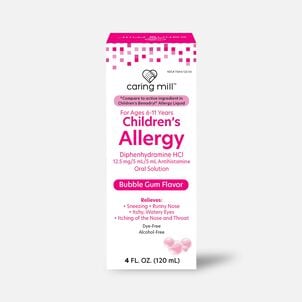


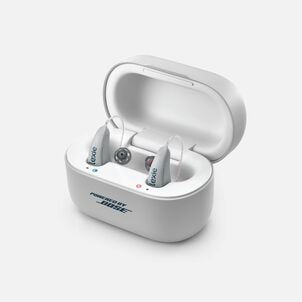



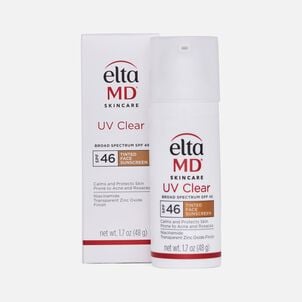
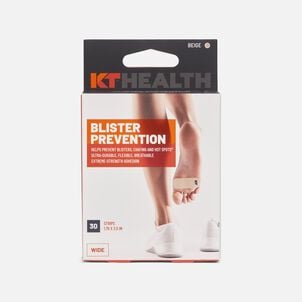

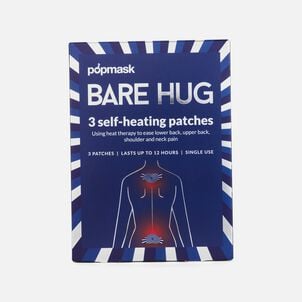
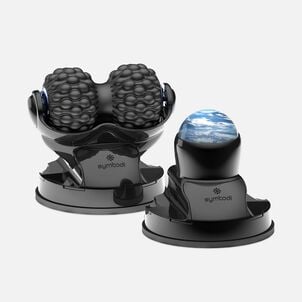

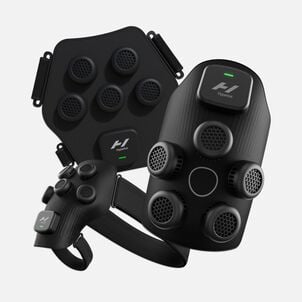
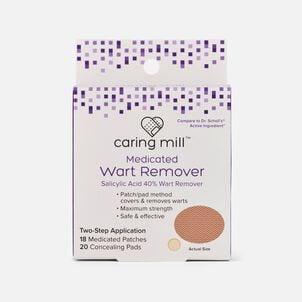
.png)



